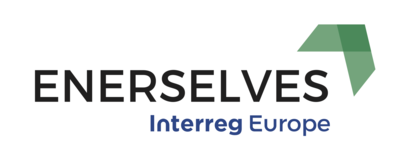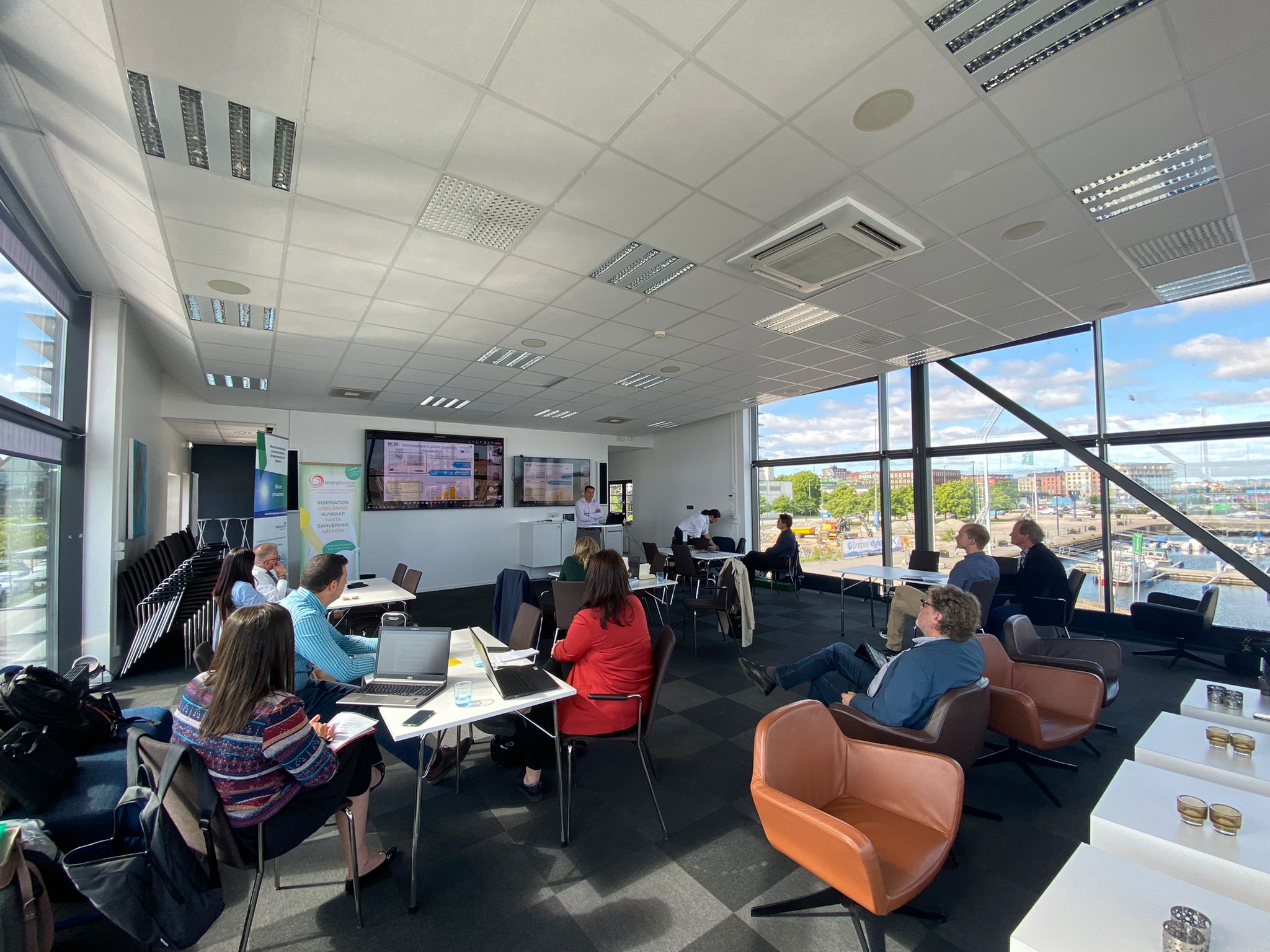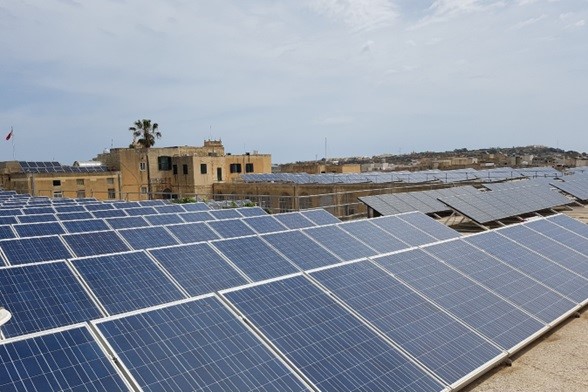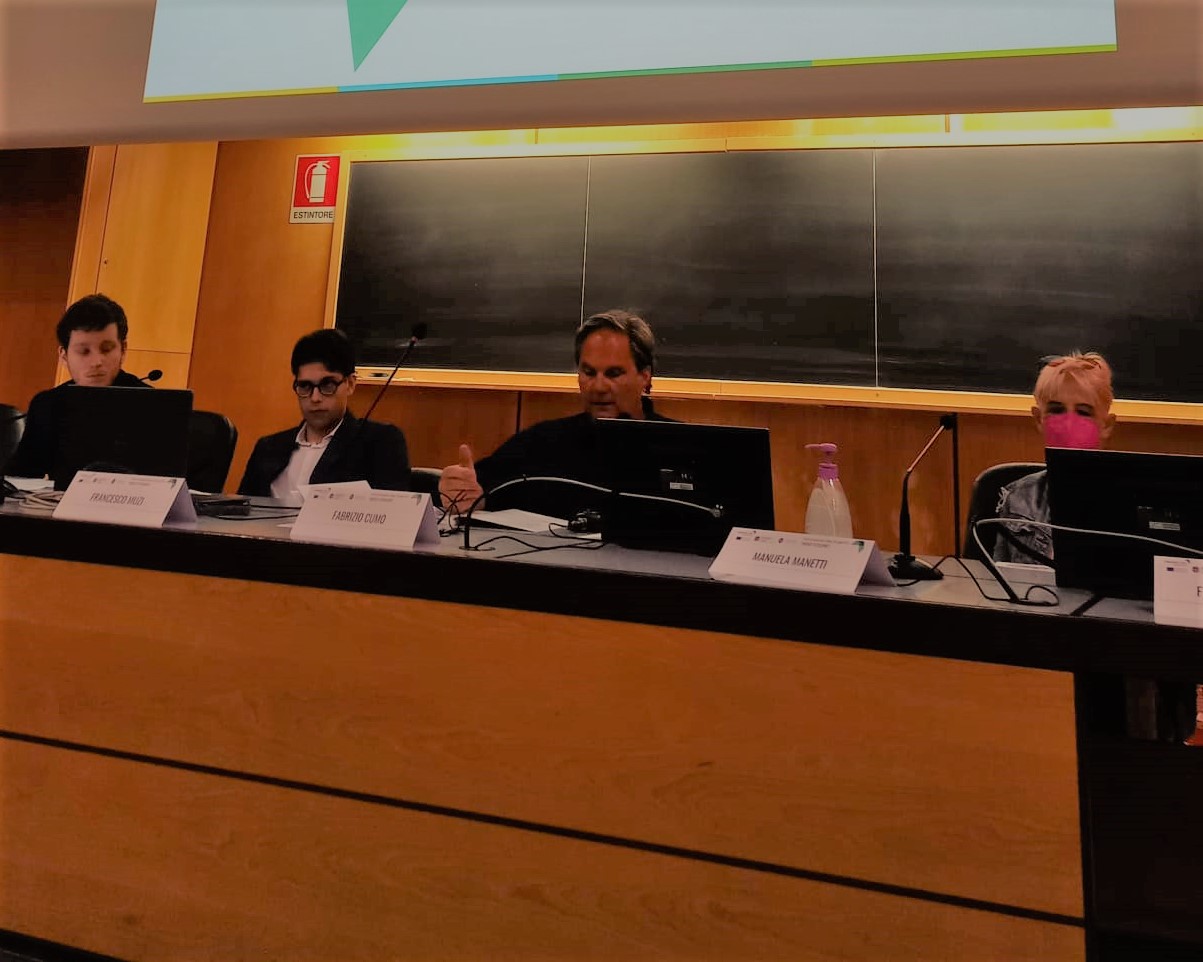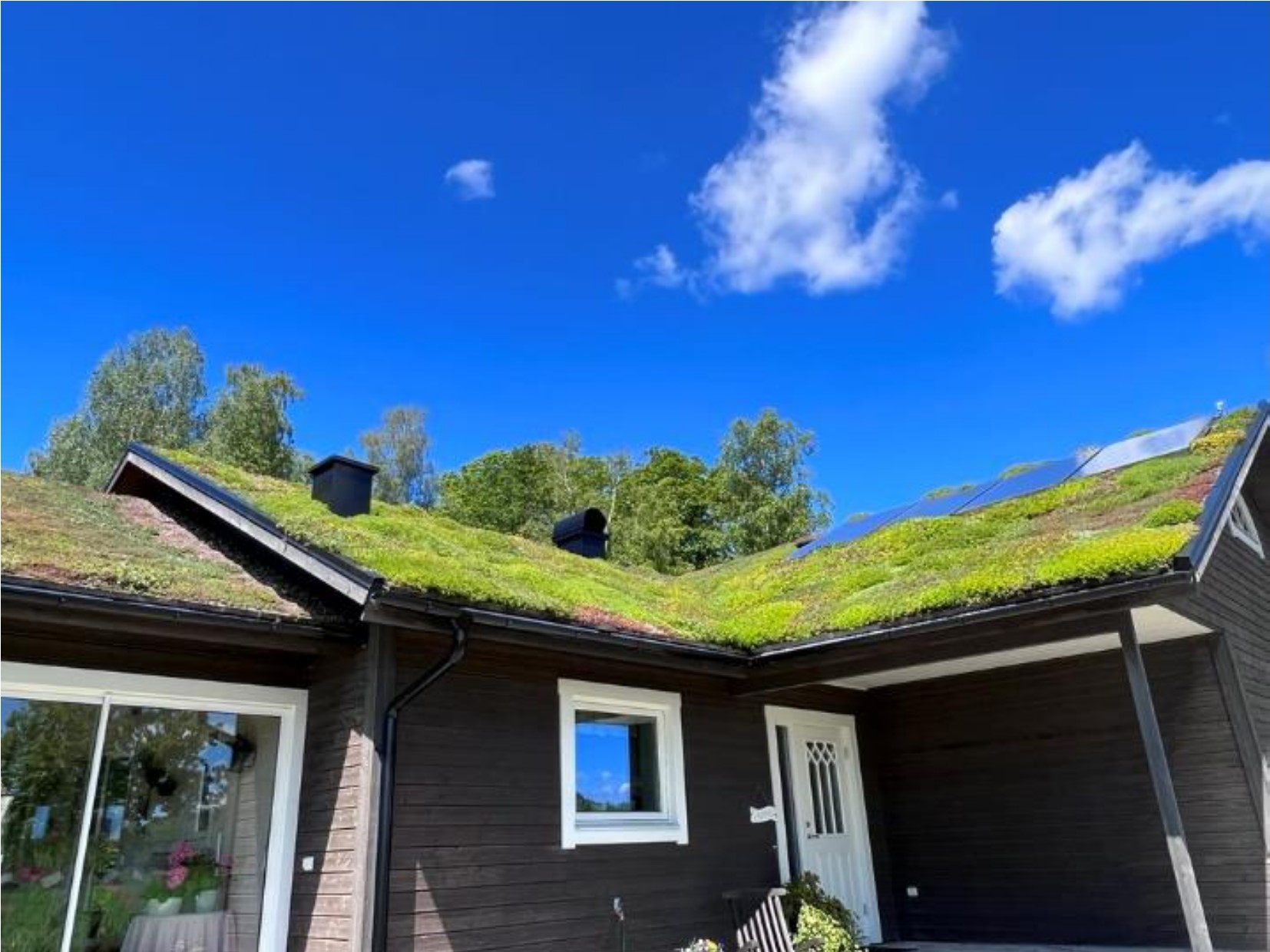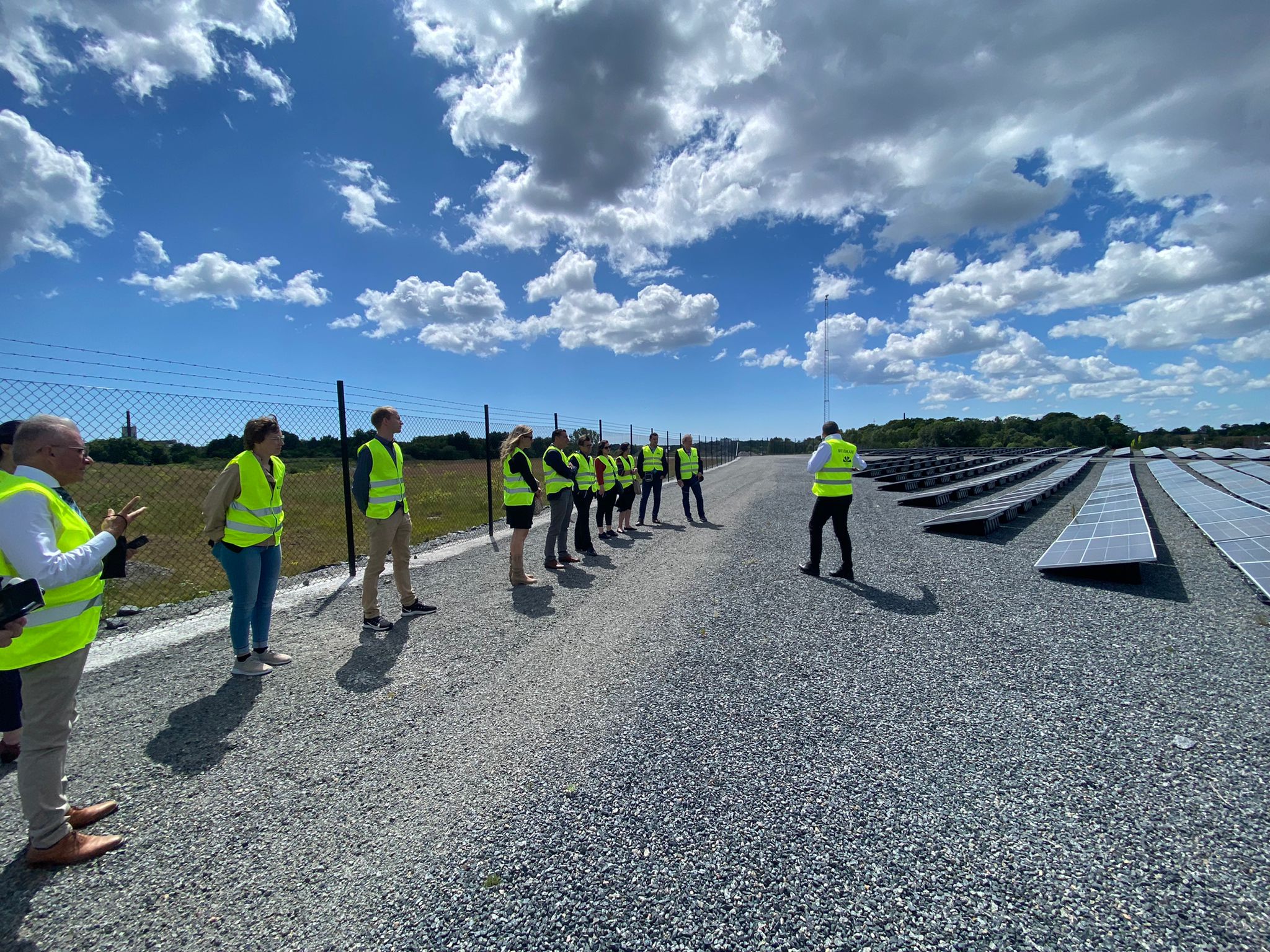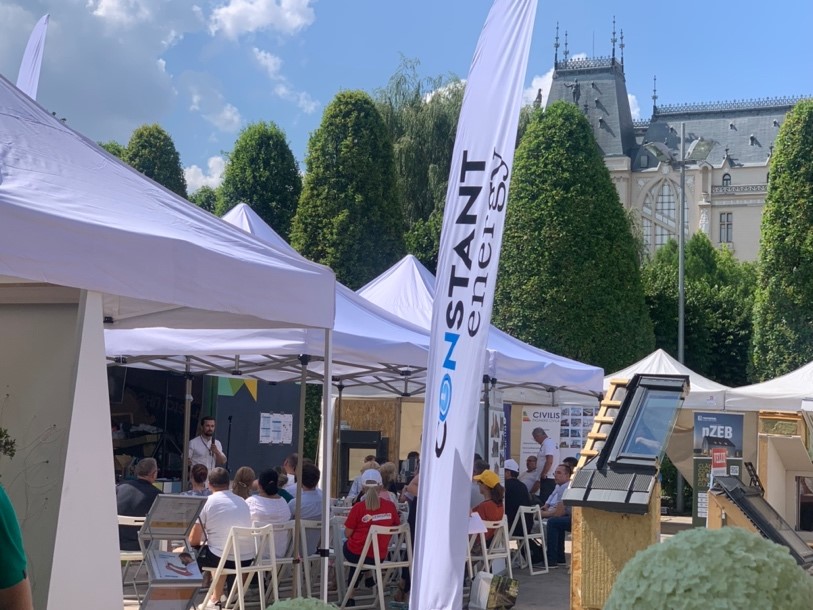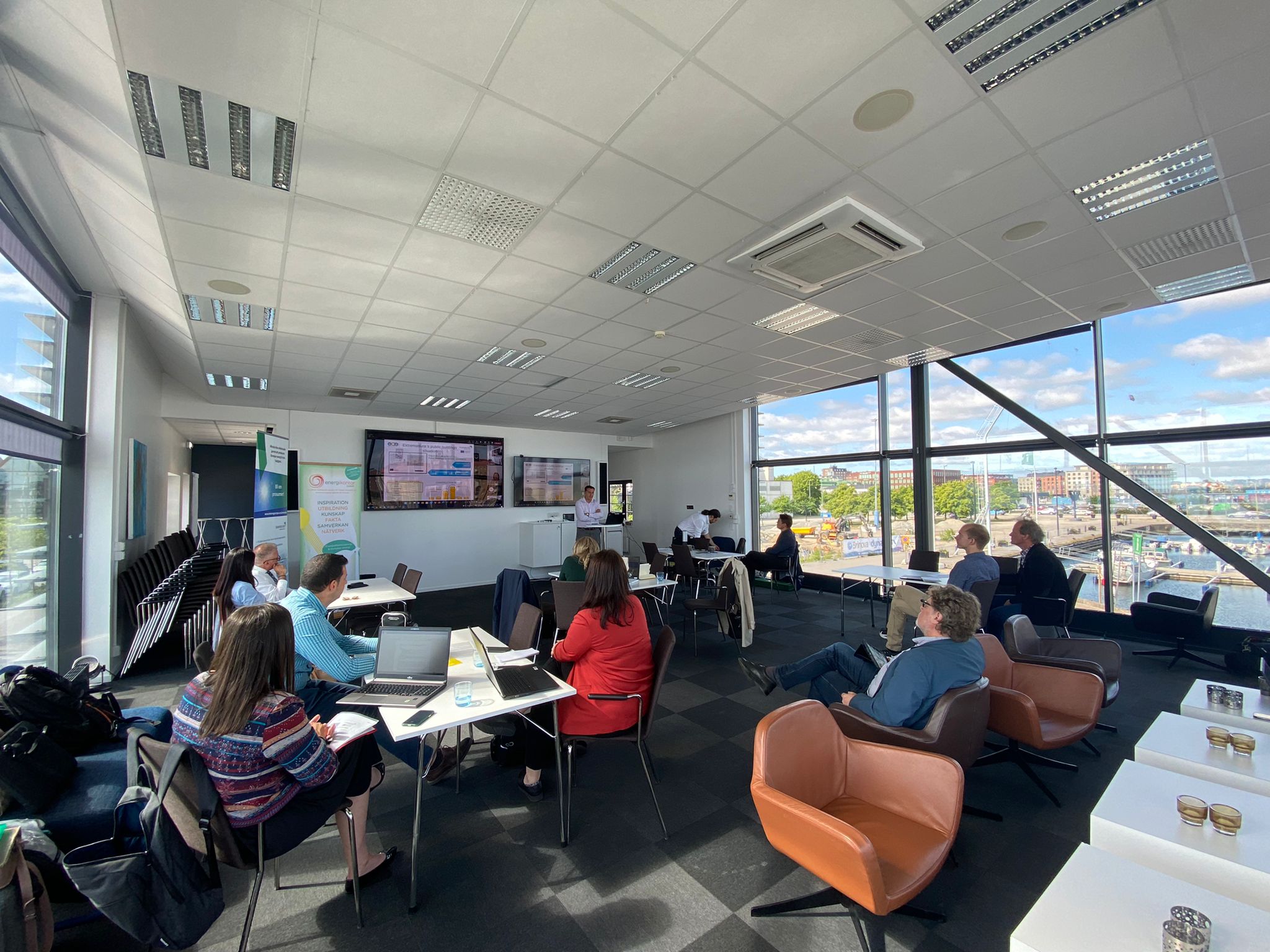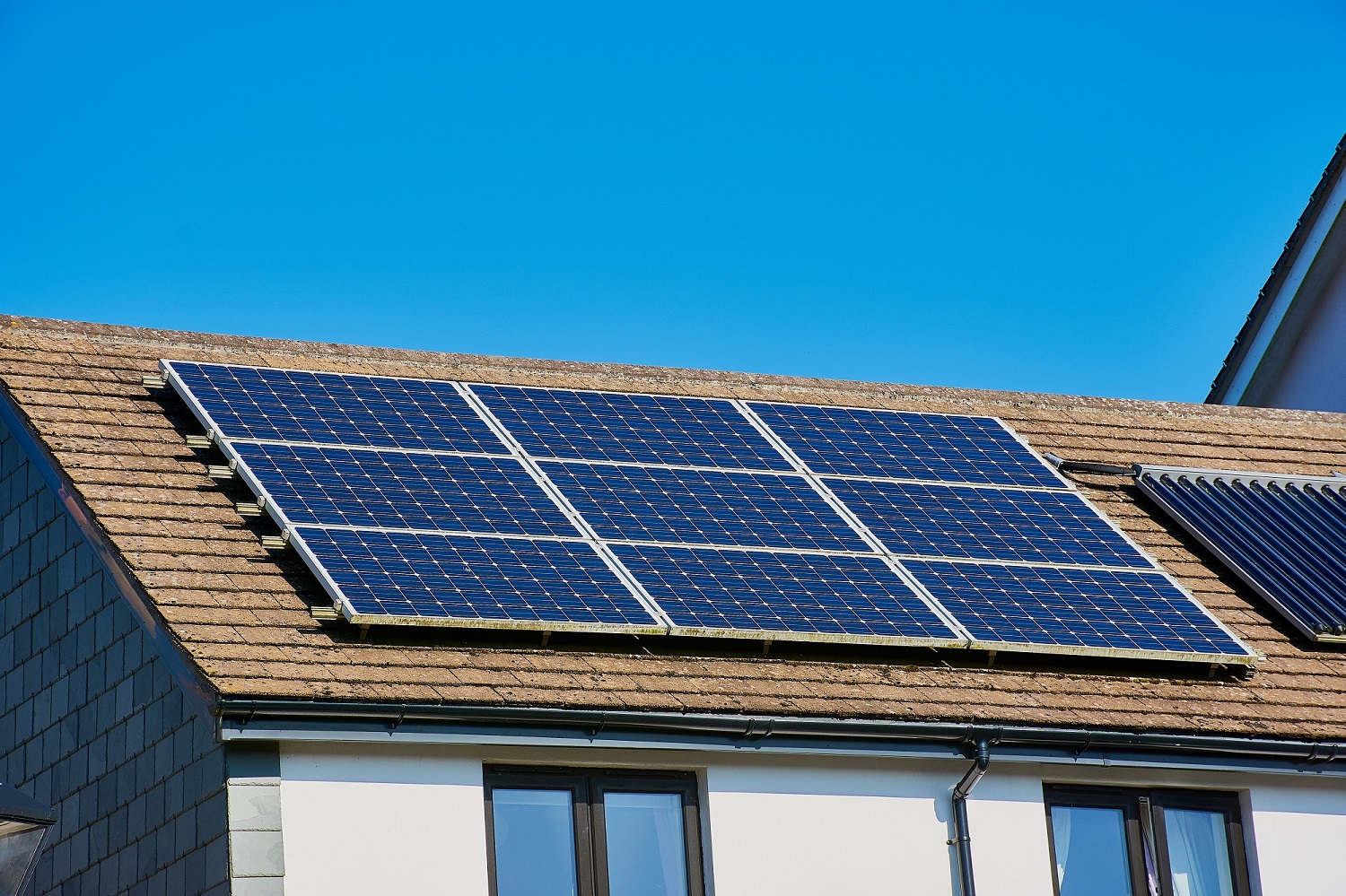During the meeting with local stakeholders, the project staff summarized the work done so far for the production of the Action Plan and explained the future phases of the project. After this brief introduction, stakeholders actively participated in a workshop, structured in accordance with the GOPP (Project-oriented project planning) methodology. This study group allowed to validate the configuration given to the action plan and to correct/refine some parts thanks to the comparison and the exchange of information between the different participants. The debate started from a fundamental question:
What are the limits related to the increase of self-consumption from renewable energies in Sardinia?
One of the main highlights was the lack of contemporaneity between the production and consumption of energy produced by the most widely used renewable sources in Sardinia (solar, wind) and the consequent need to find a storage system that is affordable for final consumers.
The excessive expenditure in the purchase of an energy storage system means that it is still not very widespread and has demonstrated the need for the government to grant funds for its dissemination. But stakeholders have also noticed how the government's contribution of funds for these purposes falsifies the market because the consumer is still waiting for the funds to invest in renewable energy.

Based on these considerations, it was stressed how the final consumer plays a fundamental role in saving energy and its use, and how often there is a great lack of information that leads the citizen to see only his current situation and not the savings long-term. That could be achieved by investing in renewable energy.
This problem could be solved through better education from childhood to school, but also using systems that show the real consumption of housing and provide information on how energy exploitation could be improved.
An education in the use of renewable energy could also help because the end user often suspects these forms of energy, because he does not want changes in the landscape (see the protests in Sardinia for the installation of many wind farms) or because he fears for his Health

Another element that emerged from the discussion is the importance of not thinking about buildings as individual units, but the need to broaden the general vision and study solutions for groups of buildings through the use of smart grids.
This consideration allowed the interested parties to exchange experiences on the case studies visited during the interregional events of other partners, showing how the visits to the partner countries have opened their horizons, which allows them to expand their knowledge by applying them in their sector. work.
All the reflections made during the workshop will be used to improve and expand the RAS action plan, which will soon be validated by the government.
